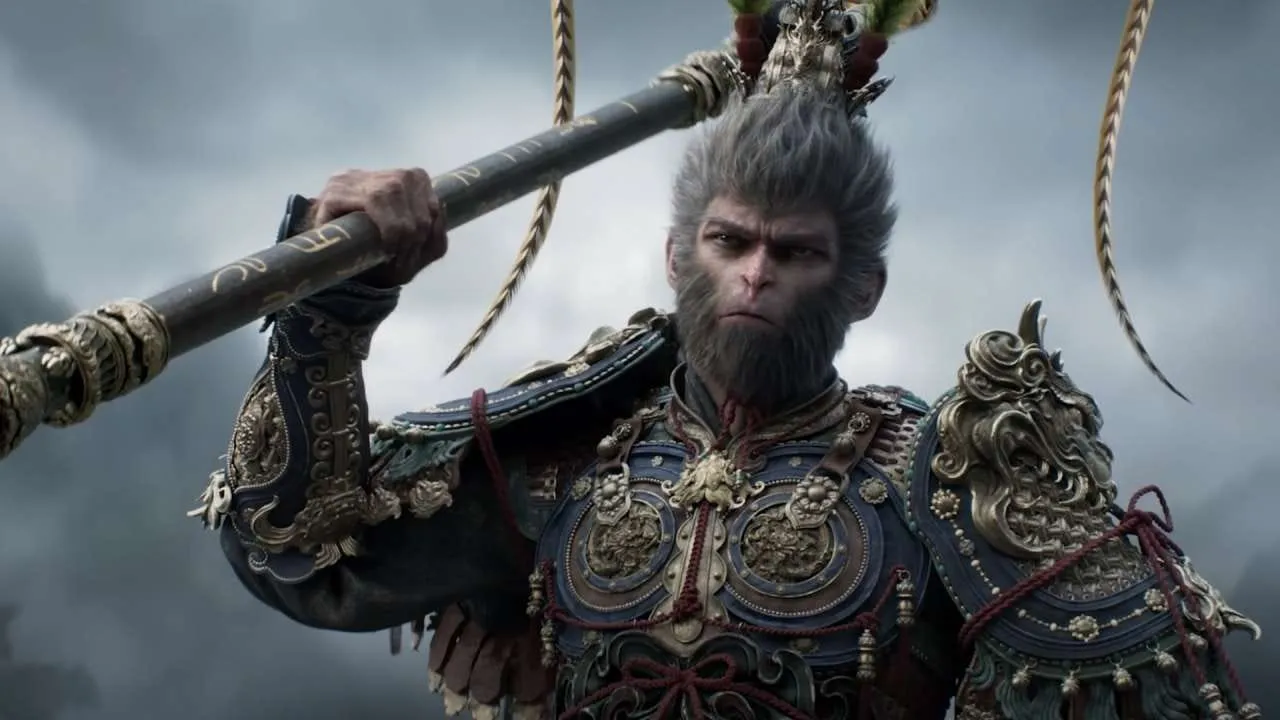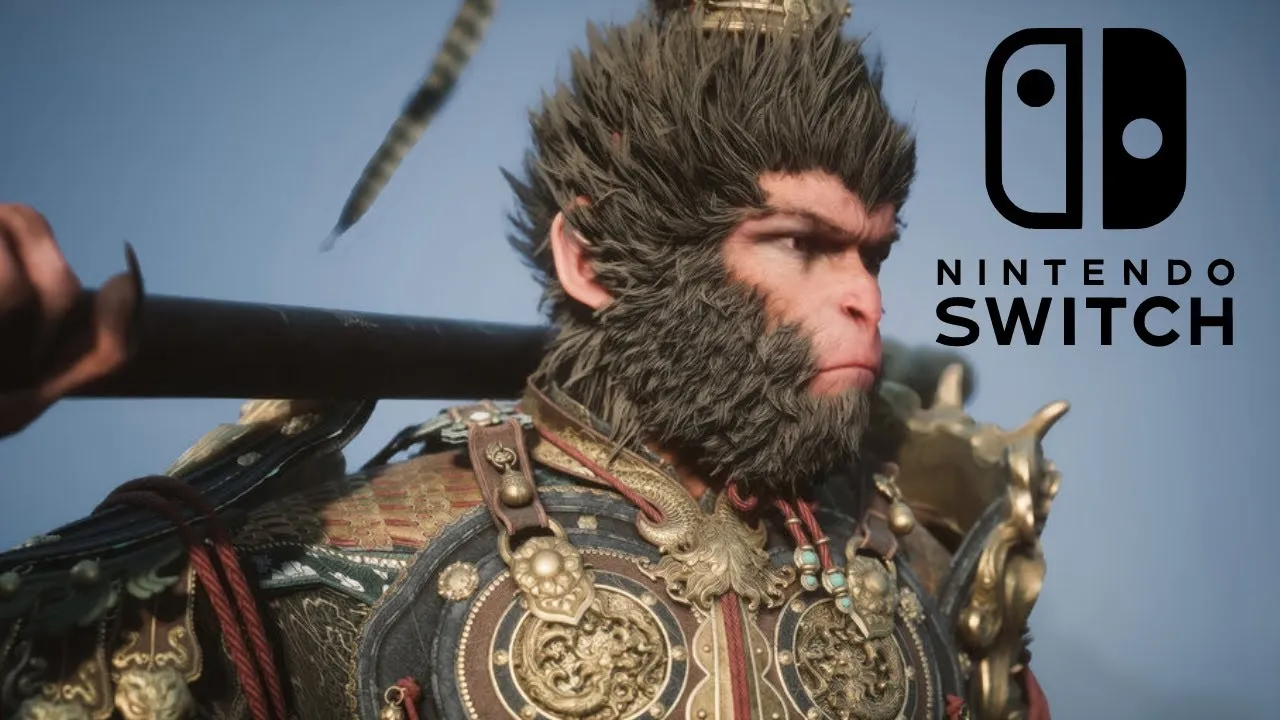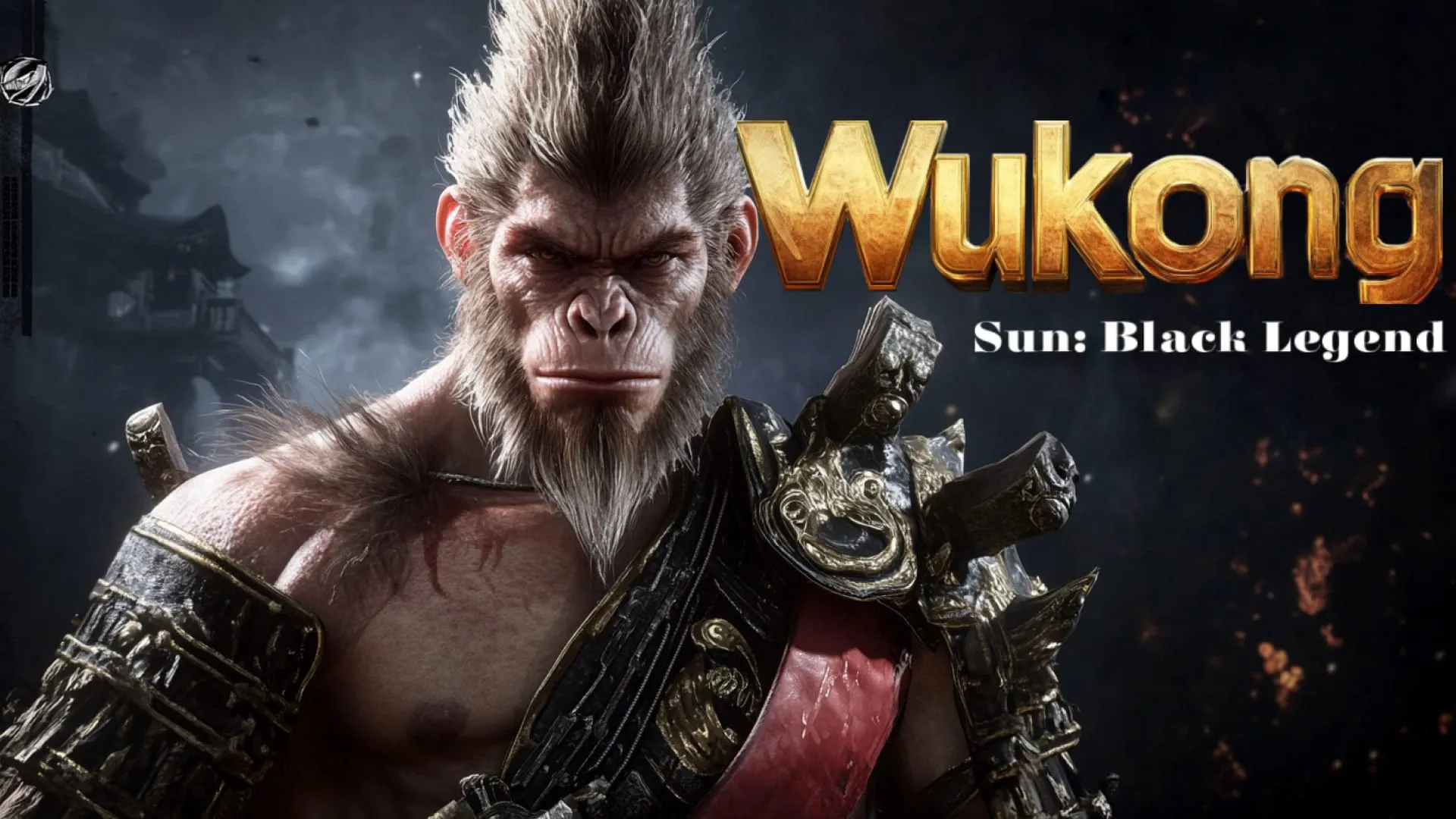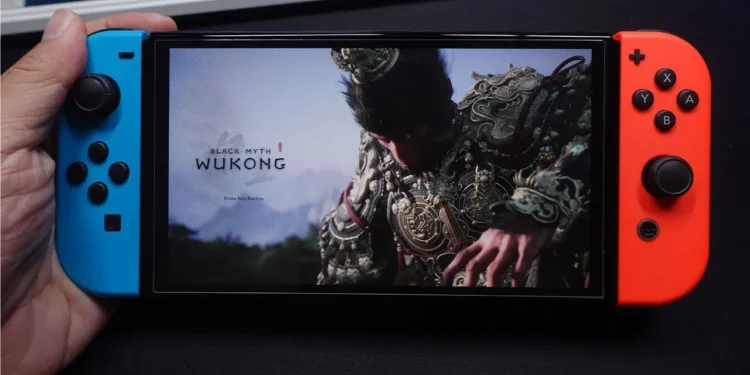The gaming world is buzzing this week as Nintendo Switch introduces Wukong Sun: Black Legend to its eShop, sparking laughter and accusations of imitation among fans. This release closely follows the roaring success of Black Myth: Wukong, which debuted earlier in 2024 and has quickly become a fan favorite for its immersive gameplay and rich storytelling.

Imitation Game: Wukong Sun Draws Skepticism
Priced at just $7.99, Wukong Sun: Black Legend has raised eyebrows not only for its affordability but also for its uncanny resemblance to Black Myth: Wukong. Despite the name and promotional images that might suggest otherwise, the actual gameplay of Wukong Sun deviates sharply. It’s a side-scrolling platformer—a stark contrast to the third-person action that players of Black Myth: Wukong have come to adore. Furthermore, it demands a modest 338 megabytes of storage, signaling a potentially less robust experience.
The Nintendo eShop’s description of Wukong Sun promises “a chaotic world teeming with powerful monsters,” alongside “supercharged abilities and crazy fighting skills,” and “captivating visuals with unforgettable storytelling.” However, this grandiose depiction does little to sway the opinion of gamers familiar with Black Myth: Wukong. Comments from platforms like ResetEra reflect a shared sentiment of skepticism and disappointment. “Seriously, this is not even subtle,” one user pointed out, while another dismissed it as “the kind of shovelware cashgrab someone would release.”

Echoes of Past Controversies
Nintendo’s history with similar incidents adds a layer of intrigue to the release of Wukong Sun: Black Legend. The platform previously faced criticism for hosting games that closely mimic popular titles on other consoles, such as a game resembling PlayStation’s The Last of Us, which was swiftly removed from the eShop. This pattern of behavior has not gone unnoticed by both fans and developers. Wren Brier, the creative director behind Unpacking, criticized Nintendo for what they see as a lax approach to quality control on their digital storefront. As reported by Eurogamer, Brier described other games on the platform that mimicked their own as “egregious scams.”
The recurring theme of these controversies raises questions about the effectiveness of Nintendo’s vetting process for new entries to its eShop. While imitation might be the sincerest form of flattery, in the world of gaming, it can also lead to frustration and accusations of a lack of originality.

As Wukong Sun: Black Legend makes its debut amidst these mixed reactions, it serves as a reminder of the delicate balance between inspiration and imitation. While borrowing elements from classic tales like Journey to the West—a shared heritage between both Wukong games—how they are interpreted and presented can be the line between a tribute and a transgression. For now, Nintendo Switch users might find themselves toggling not just between screens but between scepticism and the potential joy of a new game that promises high stakes and thrilling adventures.










